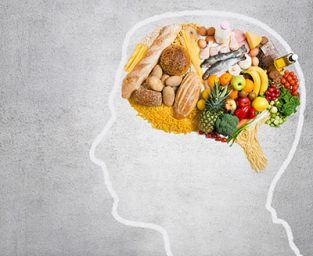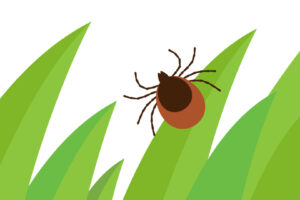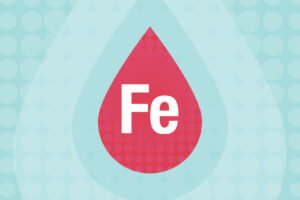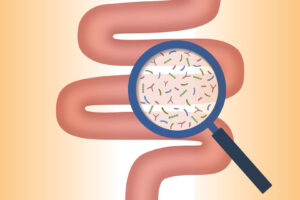You’ve probably heard of the Mediterranean diet, and if you’ve been diagnosed with high blood pressure, you may have heard of the DASH diet. Combine the two and you get an eating plan designed to boost your brain health — among other benefits.
How Our Diet Affects Our Brains
As you age, it’s more difficult for important nerve cells to protect themselves against volatile free radicals, which are unstable molecules that can damage cells. Many of the foods listed below contain antioxidants or phytonutrients that neutralize free radicals, staving off age-related degenerative diseases, including mental decline.
The Mediterranean diet helps keep aging brains sharp because it emphasizes eating foods that have been found to improve brain function, alertness, and memory. The eating plan includes extra virgin olive oil; legumes, such as peas, beans, and lentils; unrefined cereals; fruits; and vegetables. It also includes moderate to high amounts of fish, moderate amounts of dairy, such as cheese and yogurt, and wine. The plan allows very limited amounts of meat and meat products.
The DASH (Dietary Approaches to Stop Hypertension) diet limits sodium and overall fat intake. There is strong evidence this plan reduces high blood pressure due to its emphasis on whole grains, fat-free and low-fat dairy products, and low-sodium foods.
However, when an epidemiologist combined the best aspects of each diet to develop the Mediterranean-DASH Intervention for Neurodegenerative Delay, or MIND diet, the results were significant.
In a 2015 study, participants were assigned scores based on their eating habits. Those who most closely followed the food recommendations of the MIND diet received the highest scores. Participants whose scores ranked in the top third had a 53 percent lower risk of developing Alzheimer’s disease compared with those with the lowest scores. Researchers concluded that the hybrid MIND diet plan produced better brain protective properties than either the Mediterranean or DASH diets alone.
A Shopping List for Brain Health
The following foods have been shown to improve brain health and/or protect against cognitive decline:

1. Green leafy vegetables (examples: arugula, kale, and spinach)
2. Other nutrient-dense vegetables (examples: asparagus, broccoli, cabbage, carrots, sweet potatoes, and zucchini)
3. Whole grains (examples: brown and wild rice, oats, popcorn, quinoa)
4. Vegetable oils (examples: canola, corn, olive, sesame)
5. Berries (examples: blackberries, blueberries, cranberries, strawberries)
6. Nuts (examples: almonds, cashews, peanuts, walnuts)
7. Seafood (examples: herring, lake trout, salmon, sardines, tuna)
8. Poultry (examples: skinless chicken. skinless turkey)
9. Beans and Other Legumes (examples: kidney beans, chickpeas, soybeans, lentils, tofu)
10. Dairy (examples: fat-free and low-fat milk and yogurt)
Foods with Possible Brain Health Benefits to Consume in Moderation
Some foods and drinks have beneficial properties, but should be consumed in moderation, including:
• Wine: The MIND diet permits one glass of wine a day due to its antioxidant properties. Too much alcohol, however, will increase the risk to your heart and brain.
• Eggs: An egg is a significant source of vitamin B12 and protein. The yolk contains folate, lutein, vitamin D, and vitamin E. However, if you have heart disease, you may want to limit yolks because they are high in saturated fat.
5 Foods to Limit
As I advise my clients, while there are some foods that may be unhealthy for the brain, these foods don’t have to be totally avoided—just consumed in smaller amounts.
1. Pastries and sugary foods (examples: donuts, candy, ice cream, cookies, sweetened beverages)
2. Red meat and red meat products (examples: fatty cuts of beef, hot dogs)
3. Fast foods and fried foods (examples: hamburgers, fried chicken)
4. Whole-fat cheese
5. Butter and margarine made with trans-fat
The good news is that these guidelines are not just good for your brain—they’re good for your heart, too.
To schedule a consultation with a registered dietitian, call the Star and Barry Tobias Health Awareness Center at (732) 308-0570.
Caryn Alter, MS, RD, FAND is a registered dietitian at the Star and Barry Tobias Health Awareness Center and in the Cardiac Rehabilitation Department at CentraState Medical Center.





